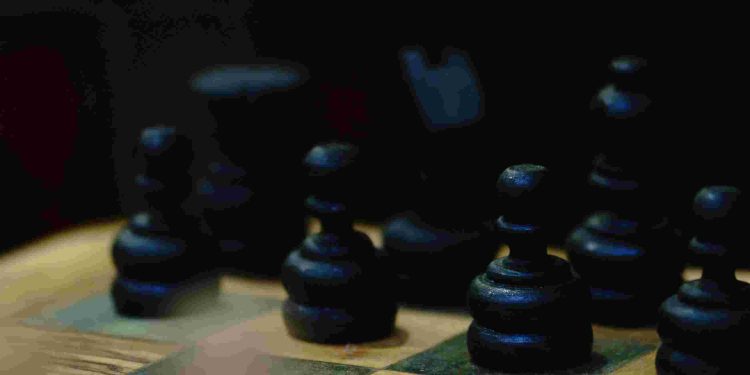Innovative Rule Challenges

Rewriting the Rulebook
Rules are the foundation of order, yet they often become the cage that stifles creativity. Have you ever wondered whether the very guidelines we rely on for success are, in fact, holding us back? My own career took a seismic turn when I realized that adhering to conventional wisdom was eroding my ability to innovate. It wasn’t until I began questioning everything—from corporate hierarchies to societal norms—that I unleashed my true potential.
The power of challenging the status quo isn’t just an abstract concept; it’s a necessity for progress. When renowned physicist Richard Feynman famously declared, “You must not fool yourself—and you are the easiest person to fool,” he wasn’t merely advocating for scientific rigor; he was challenging us to dissect every assumption we hold dear. What if the rules we cling to are outdated relics designed for a world that no longer exists?
The Psychology of Conformity
Psychologist Solomon Asch’s groundbreaking experiments on groupthink reveal a startling truth: humans have an innate tendency to conform, even when they know better. The fear of exclusion, the desire for acceptance, and the comfort of familiarity often compel us to prioritize adherence over innovation. Ask yourself, how many great ideas have you abandoned simply because they went against the grain?
In the business world, conformity manifests through rigid hierarchies, standardized processes, and risk-averse cultures. Take Kodak as an example—for decades, it dominated photography until it resisted the disruptive power of digital technology. The result wasn’t just a missed opportunity; it was near extinction. Challenging established norms isn’t just courageous; it’s critical for survival.
Crossing Boundaries: A Multidisciplinary Approach
Innovation doesn’t happen in silos. True breakthroughs emerge from the confluence of disciplines. Consider Elon Musk, whose revolutionary ventures like Tesla and SpaceX aren’t just engineering marvels—they’re the products of a mind that moves seamlessly between physics, economics, design, and philosophy. This intersectional thinking challenges conventional wisdom and creates what society has never imagined before.
What would happen if psychologists collaborated with technologists to shape the user experience of the future? Or if philosophers partnered with coders to bake ethical principles into artificial intelligence? From quantum computing to biotechnology, future leaders won’t just disrupt industries; they’ll dismantle the boundaries between them.
Practical Steps to Challenge the Norm
-
Question Everything:
Write down the rules you follow in your work and life. Now ask yourself, “Why?” Are they really necessary? -
Generate Contrasts:
Innovate by framing problems in new ways. Use metaphors to reimagine possibilities—for example, treating challenges like stepping stones rather than hurdles. -
Cross-Pollinate Ideas:
Read books outside your comfort zone, attend conferences in unrelated industries, and network with people from diverse fields. -
Embrace Failure:
Redefine failure as experimentation. Every setback is a leap toward understanding what works—and what doesn’t. -
Commit to Continuous Learning:
Take courses, listen to podcasts, and seek mentorship. Growth doesn’t end with formal education; it begins when self-education thrives.
Remember the words of Thomas Edison: “I have not failed. I’ve just found 10,000 ways that won’t work.” Every misstep brings you closer to rewriting the playbook.
Predicting Tomorrow’s Landscape
The future belongs to those who challenge limits today. Technological advances like AI, blockchain, and renewable energy are redefining industries and reshaping our understanding of power structures. Professionals who position themselves as adaptable innovators will navigate this uncertain terrain with unparalleled agility.
For instance, consider the concept of decentralized workforces enabled by remote technologies. Where traditional workplaces rely on rigid routines, future career systems will reward flexibility and autonomy. Leaders must embrace environments that prioritize growth, adaptability, and lifelong improvement.
An Invitation to Action
The time to act is now. Whether you’re a student questioning the curriculum, an employee challenging corporate dogma, or a parent rethinking traditions, start small. Take one rule, one practice, or one assumption in your life, dissect its validity, and decide whether it deserves a place in your future.
To quote Steve Jobs: “Here’s to the crazy ones, the misfits, the rebels, the troublemakers… because the ones who are crazy enough to think they can change the world, are the ones who do.” Dare to rewrite your narrative, inspire others, and spark a revolution of innovative thinking.












